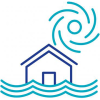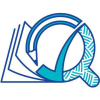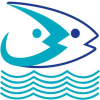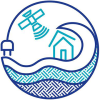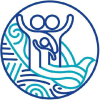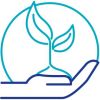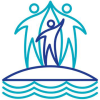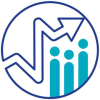Key recommendations
Actions that you can take to support learners, their performance, and Pacific education systems.
Educational stakeholders are advised to review PILNA evidence and trends across the four PILNA cycles, both throughout the SIS and nationally, and consider intervention strategies for students performing at the lower end of the proficiency scales. Data provided at PILNA country and Small Island States levels provide a robust evidence base to support decision-making and policy development at the system, school and, potentially, classroom levels.
Educational stakeholders are to investigate and narrow the gap in achievement between boys and girls in numeracy, reading, and writing. PILNA has consistently found that girls outperform boys in all the domains. This gender disparity in achievement is a matter of concern as the pattern has been the same for the last four cycles of PILNA.
Small Island States education ministries are to make available the results of PILNA 2021 to all schools and ensure that targeted intervention is carried out at the classroom level. Teachers are to identify specific needs of students, tailor instruction to meet these needs and monitor the effectiveness of the instruction to optimise student learning.
Small Island States education ministries are to provide training for teachers to develop items that target interpretation of information, critical thinking and problem-solving and ensure that students are able to effectively respond to these types of questions. High order thinking skills are always a challenge in student learning. If students are provided with these types of questions in the classroom, and teachers assist the students to arrive at the desired response, there should be an encouraging result in the next cycle of PILNA.
Education stakeholders are advised to investigate student engagement with caregiver support and the possible positive engagement to improve student learning outcomes. Evidence from PILNA data sets suggest that, while students have positive attitudes to school in general, only one out of four students reported having being comforted by their caregivers when they have problems. This is an area of concern, as such an outcome may be closely linked to students’ well-being.
Education stakeholders are encouraged to undertake further exploration of the PILNA 2021 cognitive and contextual datasets, along with other relevant data sets, to better understand the challenges facing students and teachers in SIS. The findings can be used to target support and intervention in the SIS’ education systems, with the goal of strengthening numeracy, reading, and writing instruction, leading to improved student learning outcomes.
